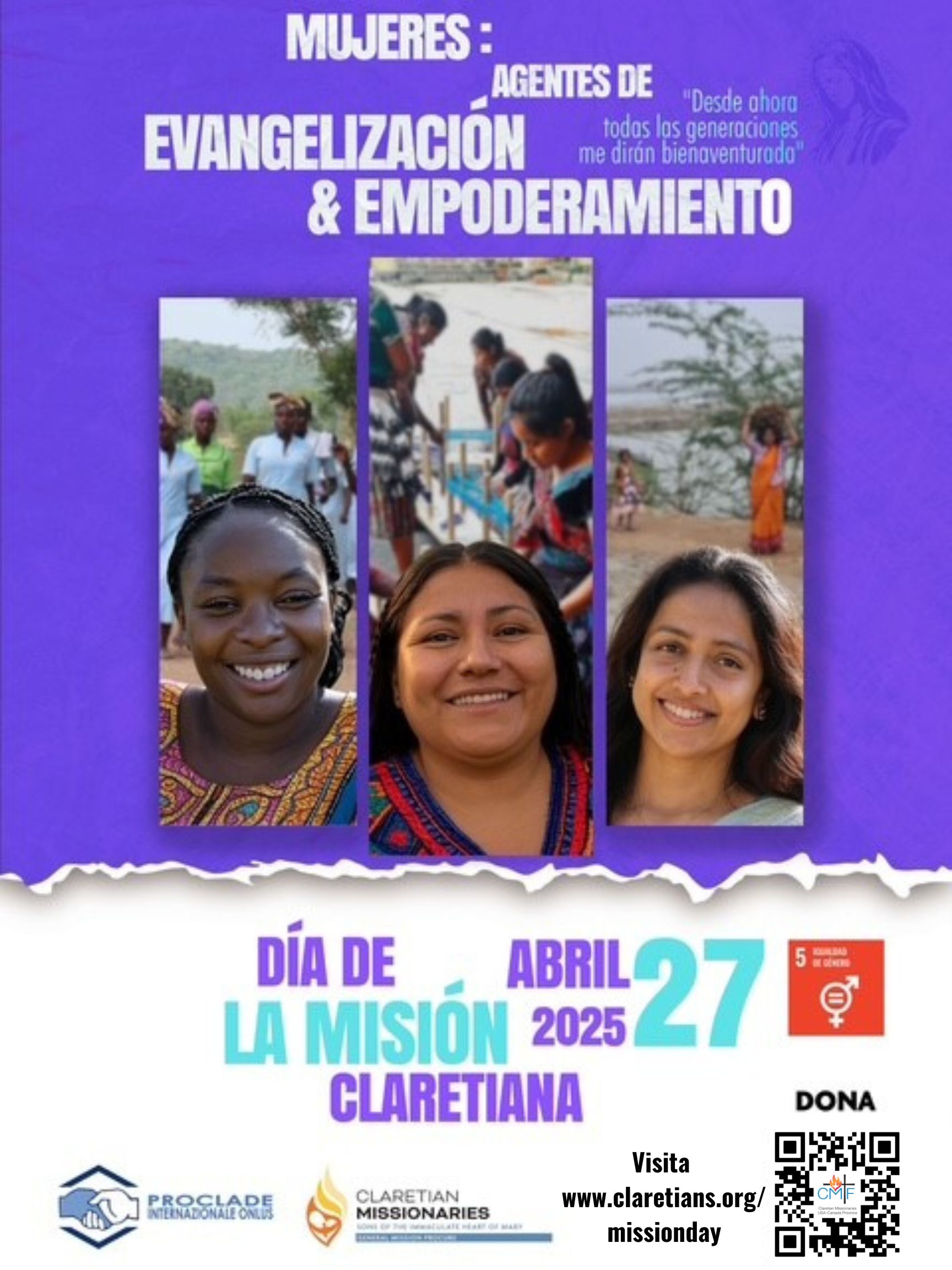Since I last blogged on this issue, three Catholic Charities agencies have sued the state of Illinois for a religious exemption from accepting same-gender couples as candidates as parents for foster care and adoption, and yesterday DCFS declined to renew its contracts with Catholic Charities in four dioceses because those agencies declared their intention to break state law by not accepting same-gender couples.
With civil unions now legal in Illinois, church-sponsored social service agencies that receive state funding have a choice to make: Either accommodate couples in civil unions, including same-gender couples, or end a successful public-private partnership. I hope religious agencies such as Catholic Charities choose the former.
That outcome seems increasingly unlikely, but it think it is both possible and preferable that Catholic Charities continue to provide adoption and foster care placements, even though state law now requires them (as part of their state contract) to serve same-gender couples who wish to adopt or foster. Here's why:
The decision to place a child with adoptive or foster parents has never been made on the basis of religion, and particularly church teaching about marriage or the morality of sexual relations. Criteria for accepting someone as a foster or adoptive parent are based on psychological and economic evaluations, among others, and candidates’ fitness to serve in that capacity is determined by social workers, not priests. There is great evidence that same-gender couples quite successfully raise foster and adoptive children by those measures, and none whatsoever that children placed with same-gender couples are less successful than children placed in other homes.
Further, Catholic Charities is known and respected for serving all people, regardless of religion or sexual orientation or race or country of origin. It is not–or at least has not been–a sectarian enterprise, only an agency supported by the local Catholic diocese and its people. As many have put it: Catholic Charities serves people because it is a Catholic agency, not because the people it serves are Catholic. I fear that reputation of universal service, an integral part of Catholic identity, has already been tarnished.
Indeed, abandoning children in need of safe and loving homes would in effect mean that Catholic Charities would stop caring for "orphans," who appear in the Bible over and over again as a group for whom God shows particular care. Failing to serve these children weakens the church’s message about the dignity of human life in all its stages.
Catholic Charities is certainly free to withdraw from its state contracts because it will be required to serve same-gender couples, but doing so would be a profound diminishment of our charitable work as Catholics. Surely there is another way.








